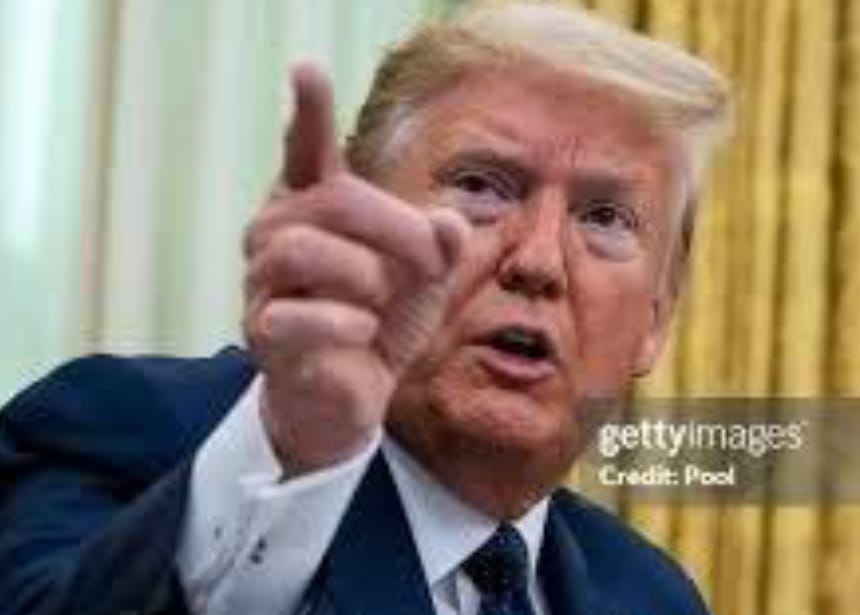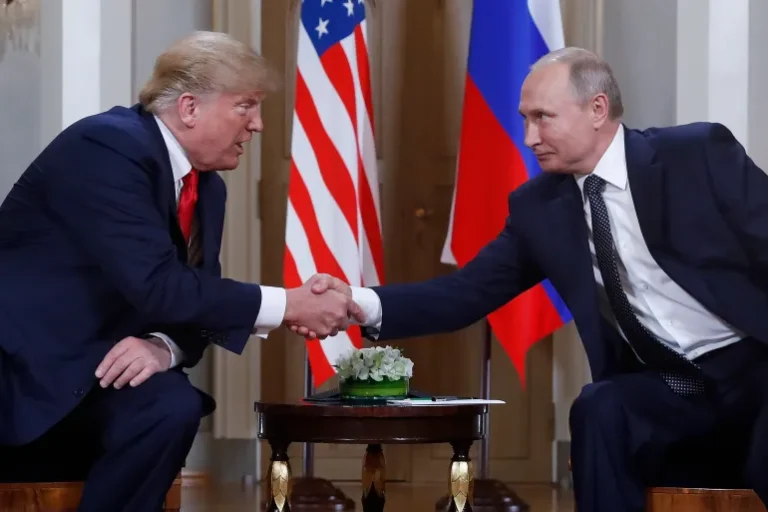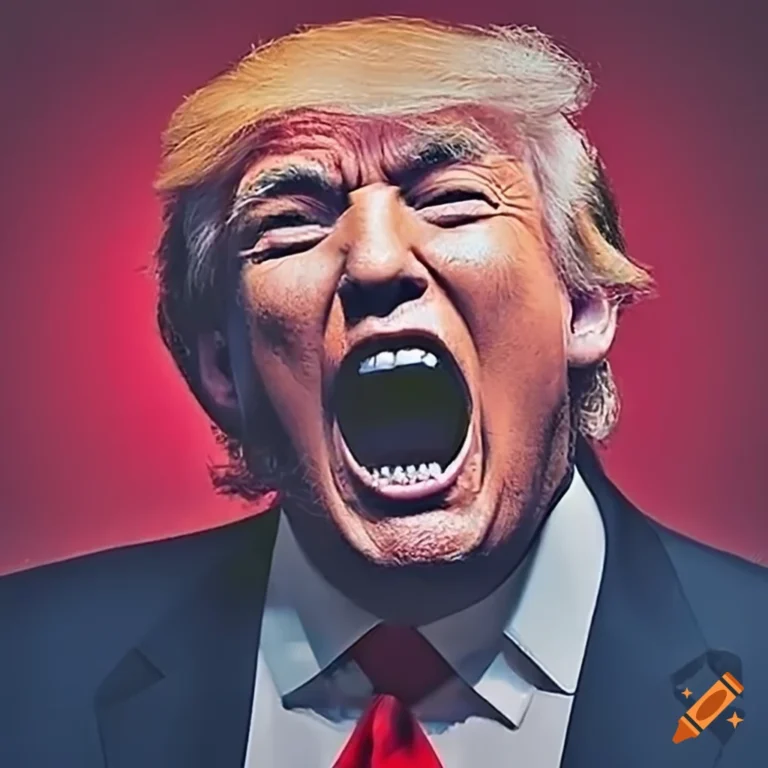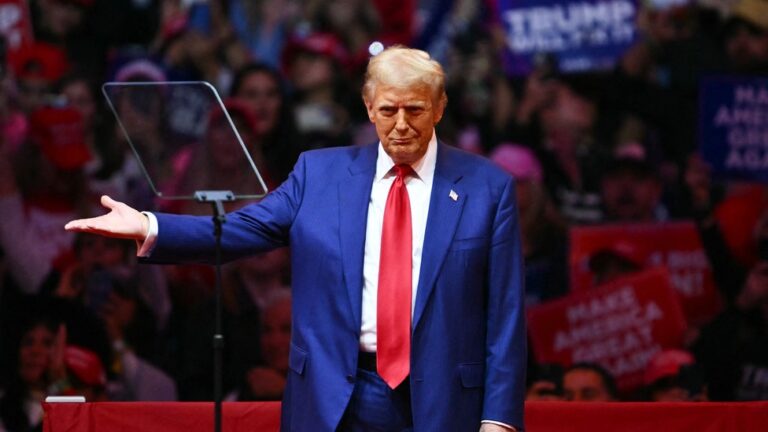
Donald Trump has remained a divisive personality who consistently defies political conventions since entering the political sphere in 2016. His persistent candidacy for a second non-consecutive term as the 45th President of the United States has drawn attention after he served one term in office. Currently, some analysts wonder if Trump will try to serve more than the two terms allowed by the constitution as president.
In this regard, the United States Constitution is quite explicit, as stated in the 22nd Amendment, which was enacted in 1951: “No person shall be elected to the office of the President more than twice.” After Franklin D. Roosevelt violated the long-standing two-term precedent by winning four elections, the rule was put in place. No president has gone on to serve more than two terms since then, and the amendment has continued to serve as a check on the extension of presidential power.
On the other hand, Donald Trump has continuously shown that he is willing to question established political norms. During his first term in office and in his 2020 reelection campaign, Trump frequently brooded—sometimes in jest—about holding office for more than two terms. At a rally in 2019, he even made the suggestion, “Maybe if we really like it a lot, we’ll go for an extra term.”
While most supporters laughed at these remarks, others were concerned because they saw them as a part of a larger trend of weakening democratic values. Trump regularly clashed with Congress, the media, and the courts while in office, raising concerns among some that he would not be dedicated to the peaceful transition of power—a pillar of American democracy.
Notwithstanding Trump’s remarks in public, there are strong legal obstacles to a president serving more than two terms in office. Modifying the 22nd Amendment would necessitate a constitutional amendment, which would require ratification by three-fourths of state legislatures and approval by two-thirds of the Senate and House of Representatives. It is quite doubtful that any president, including Trump, might be able to change term limits due to such a large obstacle.
But Trump’s detractors highlight his unwillingness to accept the results of the 2020 election and his attempts to contest them as proof of his determination to sabotage democratic procedures. The result of his efforts was the Capitol uprising on January 6, which sparked worries about how much Trump would resist leaving office.
It has been suggested that Trump, unable to hold office for more than two terms, might try to use his family to create a political dynasty. His kids have been involved in his campaigns and have a sizable fan base among his followers, especially Ivanka Trump and Donald Trump Jr. Even though none of them has formally announced their intention to run for office, the foundation for a Trump family dynasty is likely, especially considering the ardor of his supporters.
In this sense, Trump’s power may well beyond the two terms he seeks to occupy office, continuing his political agenda even in the absence of an official position.






